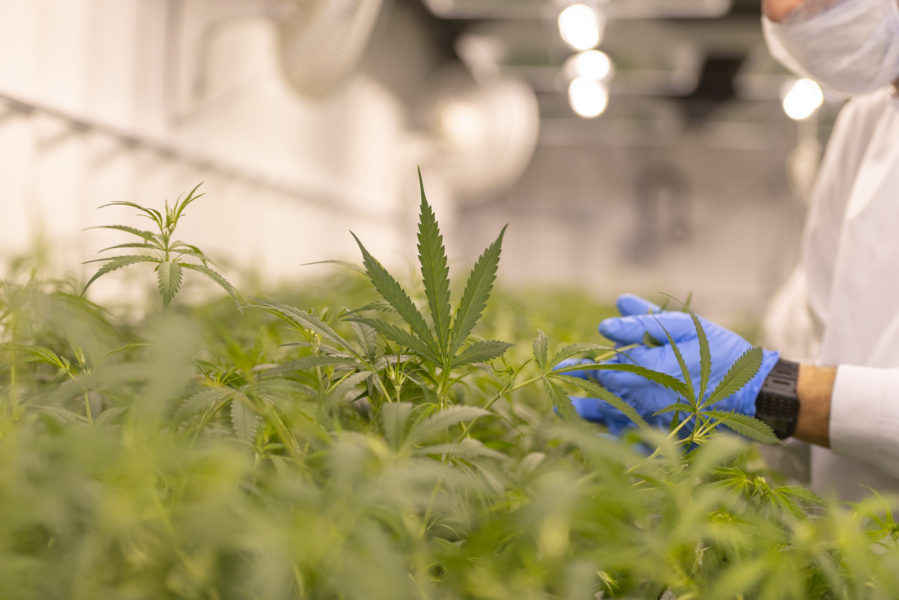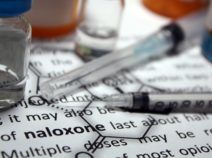Opioid Misuse and Overdose Prevention
Opioids, both prescription painkillers and illegal drugs such as heroin and illicitly manufactured fentanyl, are responsible for most of the 52,000 deaths of Americans every year from overdose. States and localities have implemented a number of legal and regulatory interventions to address this epidemic.
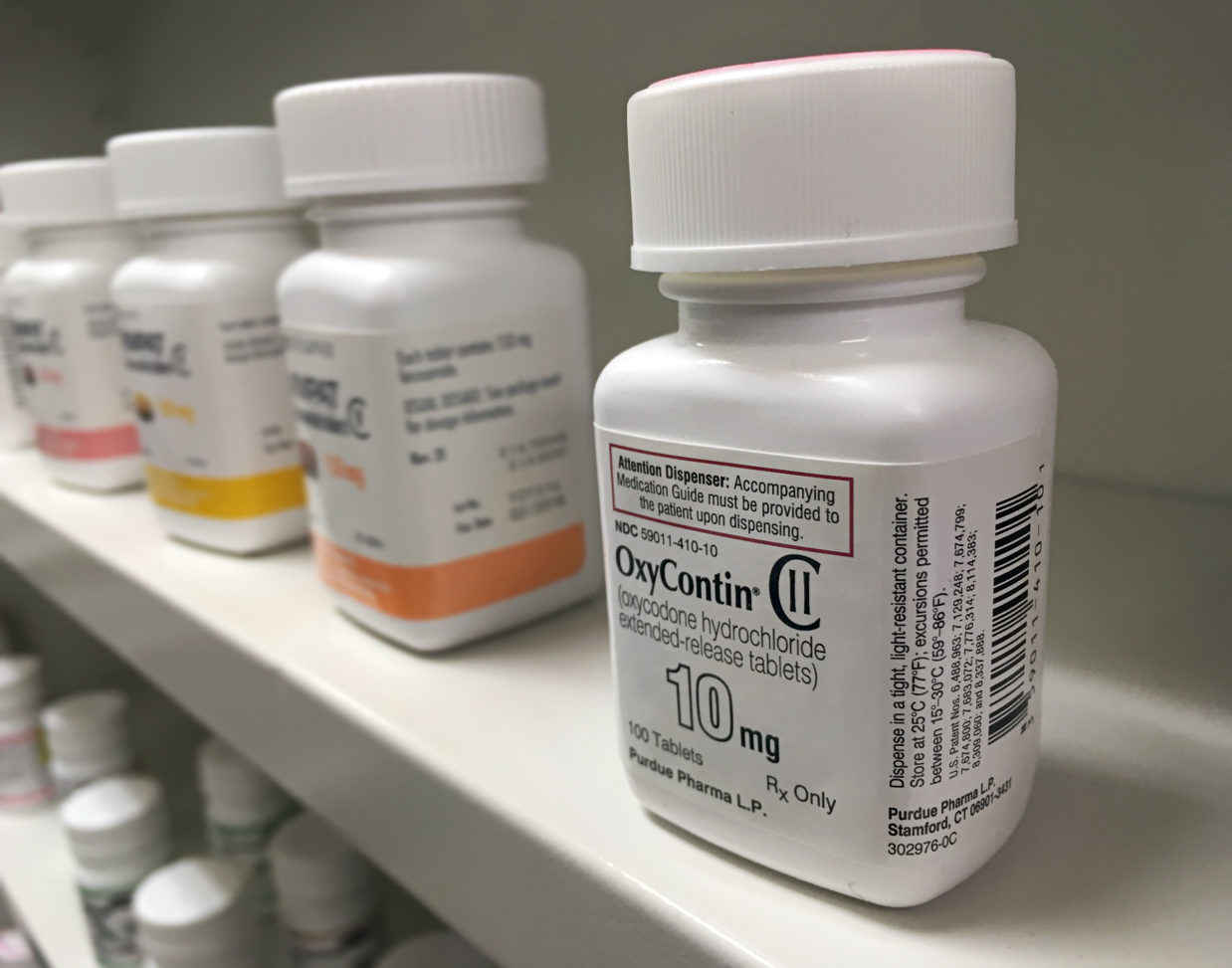
Resources

Laws Limiting the Prescribing or Dispensing of Opioids
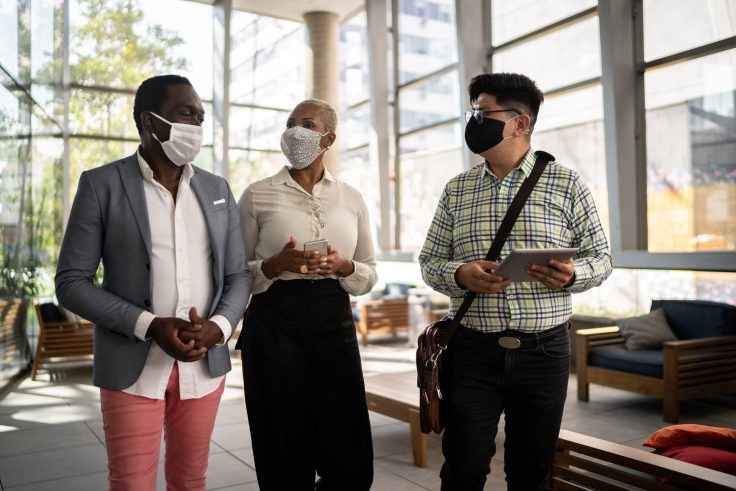
Equitable Rebuilding from COVID-19: Ensuring Quality Care for Vulnerable Populations
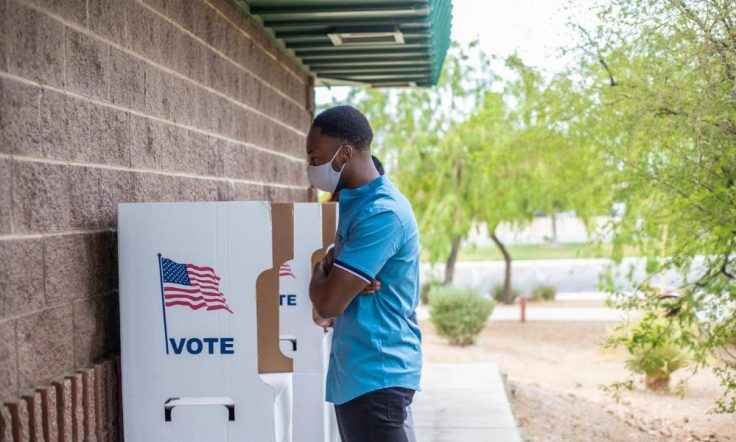
Lessons from the 2020 Election Cycle

Access to Treatment for Individuals with Opioid Use Disorder

Increasing Access to Opioid Agonist Treatment: An Innovative, Cross-Sector Approach
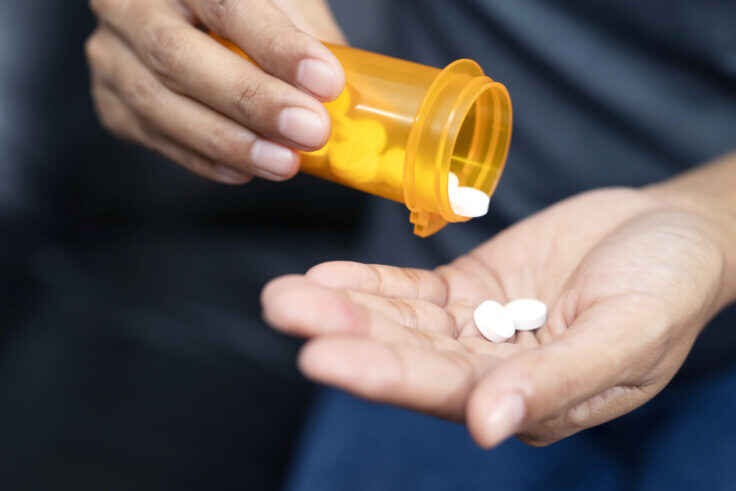
Law and Policy Pathways to Addressing the Epidemic of Drug-Related Harm

Cross-Sector Approach to Removing Legal and Policy Barriers to Opioid Agonist Treatment

Harm Reduction Laws in Idaho

Increased Access to Medications for Opioid Use Disorder during the COVID-19 Epidemic and Beyond

Legality of Dispensing and Administering Expired Naloxone in Georgia

Legality of Dispensing and Administering Expired Naloxone in the District of Columbia

Legality of Dispensing and Administering Expired Naloxone in Colorado
Explore more sub-topics related to Substance Use Prevention and Harm Reduction
Spotlight
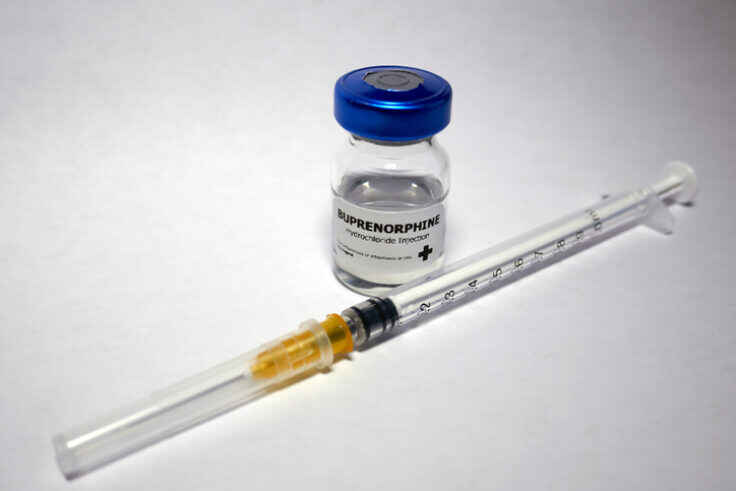
Removal of “X-Waiver” Promises Increased and More Equitable Access to Opioid Use Disorder Treatment

The Network for Public Health Law’s Harm Reduction Legal Project Receives Renewed Funding from Arnold Ventures

Addressing the Inequitable Distribution of the Life-Saving Overdose Drug Naloxone: Could Vending Machines be an Answer?
Learn More
Opioid Misuse and Overdose
Opioids
The United States remains in the grip of an unprecedented epidemic of drug-related harm. In 2017, over 70,000 Americans were killed by drug overdose, surpassing the number lost at the height of the HIV/AIDS crisis. Opioids, both prescription painkillers and illegal drugs such as heroin and illicitly manufactured fentanyl, are responsible for most of these deaths.
States and localities have implemented a number of legal and regulatory interventions to address this epidemic. These include the creation and strengthening of prescription monitoring programs (PMPs), drug take-back programs and initiatives to increase access to naloxone, a medication that effectively reverses opioid overdose. States are also taking measures to increase access to evidence-based substance use disorder treatment, improve prescriber training, and evaluate whether existing programs are having the desired effect.
Explore Topics
Related Healthy Living Resources
How we can help
Legal Research and Assistance
Experienced legal experts are available to answer questions and provide research, analysis and guidance. Tell us what you’re working on. We’re ready to help.


